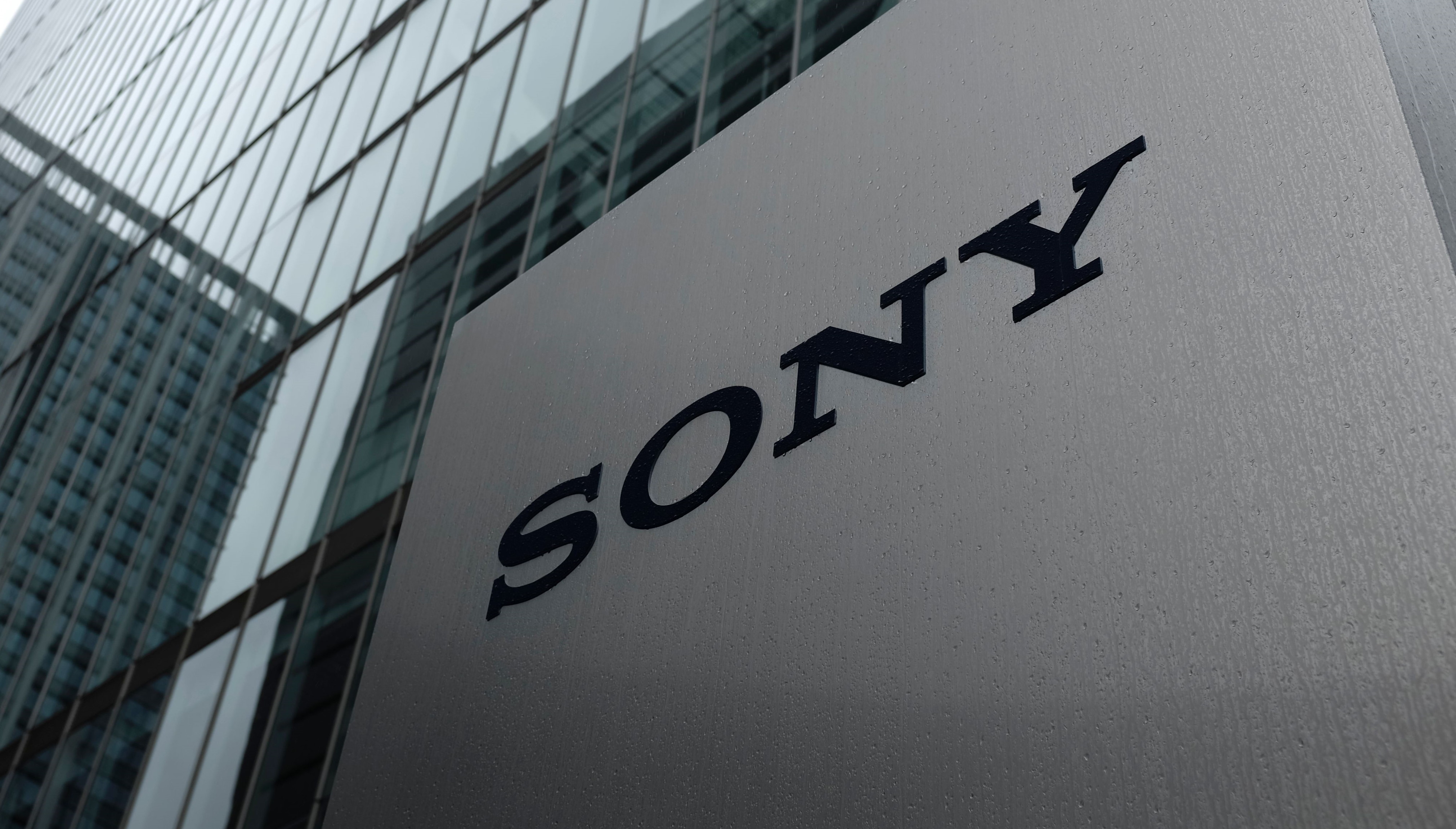Sony's latest volley against the Activision Blizzard acquisition: What if Microsoft straight-up sabotages COD?
The PlayStation maker is very keen to remind regulators of those times Microsoft failed to keep to its public commitments.

Sony is throwing pretty much everything at the wall in its unending quest to torpedo Microsoft's purchase of Activision Blizzard, but a recent filing to the UK Competition and Markets Authority (CMA) might be the most fearful the company has sounded since the acquisition was announced. In this week's lengthy statement to the CMA, spotted by the Verge, Sony asks regulators to consider one thing: What if Microsoft outright sabotaged COD on PlayStation?
The PlayStation maker asks the CMA to imagine a scenario in which "Microsoft might release a PlayStation version of Call of Duty where bugs and errors emerge only on the game’s final level or after later updates." Because "Call of Duty is most often purchased in just the first few weeks of release," Sony says it wouldn't even matter if "such degradations could be swiftly detected" and fixed: Fickle players would already have "lost confidence in PlayStation as a go-to venue to play Call of Duty," and maybe, unthinkably, switched over to Xbox.
Sony says you can't take Microsoft's recent contract spree—which has seen the company commit to bringing COD to Nintendo and Nvidia platforms for at least ten years if the Activision acquisition goes through—as a sign that it will operate in good faith, either. In fact, "any behavioural commitment from Microsoft to grant rivals access to Call of Duty could pose a greater, not lesser, risk for consumers," says Sony. Why? Because the "myriad ways Microsoft could withhold or degrade access would be extremely difficult to monitor and police".
When it says "myriad ways," Sony is referring to various little tweaks a Microsoft-owned Activision could hypothetically make to COD to make it worse on non-Xbox platforms. That could be things like bugs or performance issues that get detected too late, as mentioned earlier, or it could mean "degrading Call of Duty to ignore PlayStation-specific features (eg. better controller haptics)," which I'm pretty sure most non-Sony games on the PS5 already do anyway.
To be fair to Sony, it does note that these issues could crop up even "without an active decision on the part of Microsoft to degrade Call of Duty on PlayStation" and instead "result simply from Microsoft’s differing incentives post-transaction as compared to an independent Activision". That's not wildly unreasonable by itself: If devs on ActiBlizz games are more familiar with the innards of an Xbox thanks to close work with Microsoft, bugs on that platform might get squelched faster as an unintended consequence.
But it doesn't end there. Sony immediately follows this section of the filing with a whirlwind history tour of all the times Microsoft has gotten in legal trouble for failing to abide by its commitments and public statements, and it's hard not to read these 'What if?' scenarios as Sony insinuating that Microsoft might start subtly and deliberately sabotaging COD on rival platforms if it's allowed to acquire Activision.
While you should never put any nefarious deed past a multi-billion dollar corporation, it's difficult to imagine Microsoft manufacturing an intentionally-stunted version of COD for non-Xbox platforms, risking the revenue they generate and all but guaranteeing public censure when news of the move inevitably came out. Nevertheless, the CMA might be convinced: The UK regulator has been fairly sceptical of the acquisition so far, even proposing that Activision be broken up before Microsoft would be allowed to buy it (Microsoft, predictably, was not keen).
Keep up to date with the most important stories and the best deals, as picked by the PC Gamer team.
Sony has been sounding more and more desperate in its attempts to forestall the Activision acquisition—even going so far as to accuse Microsoft of "obvious harassment" for requesting access to executive performance reviews—and I suspect the recent reports that the EU is gearing up to greenlight the deal has Sony more on-edge than ever.

One of Josh's first memories is of playing Quake 2 on the family computer when he was much too young to be doing that, and he's been irreparably game-brained ever since. His writing has been featured in Vice, Fanbyte, and the Financial Times. He'll play pretty much anything, and has written far too much on everything from visual novels to Assassin's Creed. His most profound loves are for CRPGs, immersive sims, and any game whose ambition outstrips its budget. He thinks you're all far too mean about Deus Ex: Invisible War.

